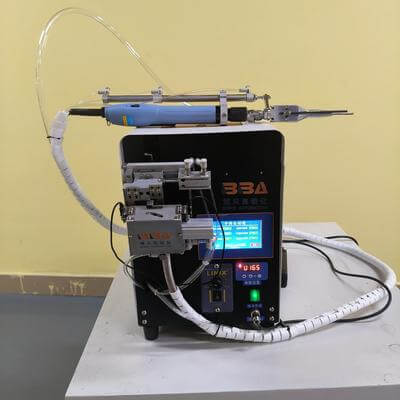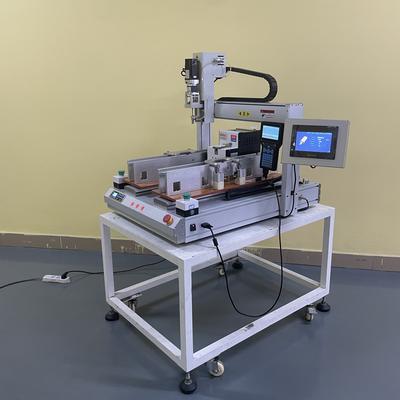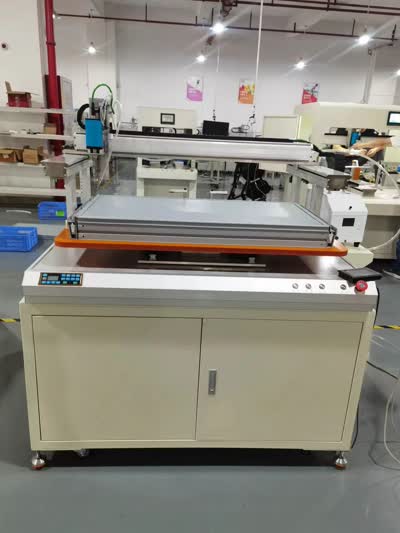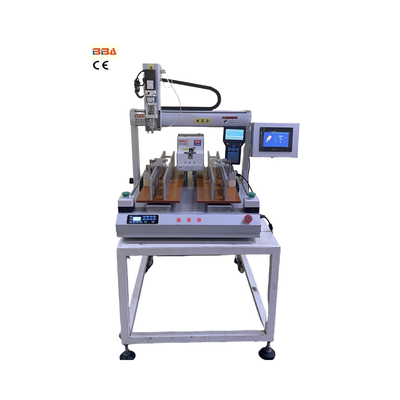Data-Driven Multi-Axis Screw Machines | Precision Manufacturing Solutions

Data-Driven Efficiency in Multi-Axis Screw Machines: The Future of Precision Manufacturing
The industrial automation landscape is undergoing a seismic shift as data-driven technologies revolutionize multi-axis screw machine operations. These advanced manufacturing systems, once reliant on operator experience and periodic maintenance, are now achieving unprecedented levels of efficiency through intelligent data analytics and machine learning.
The Big Data Advantage in Screw Machine Operations
Modern multi-axis screw machines generate vast amounts of operational data that, when properly analyzed, can unlock hidden efficiencies. Vibration patterns, torque measurements, temperature fluctuations, and cycle times all tell a story about machine health and performance. By implementing data collection sensors and advanced analytics platforms, manufacturers gain real-time insights that were previously inaccessible.
Predictive Maintenance: Preventing Failures Before They Occur
Traditional maintenance schedules often lead to either unnecessary downtime or catastrophic failures. Data-driven systems change this paradigm by using machine learning algorithms to predict component wear and potential failures with remarkable accuracy. Pattern recognition software can detect subtle changes in performance metrics, alerting technicians to address issues during planned maintenance windows rather than emergency shutdowns.
Optimizing Production Through Machine Learning
Beyond maintenance, data analytics enables continuous process optimization. Modern control systems can automatically adjust feed rates, spindle speeds, and tool paths based on real-time performance data. This adaptive machining approach compensates for tool wear, material variations, and environmental conditions to maintain consistent quality throughout production runs.
The integration of IoT connectivity allows for fleet-wide optimization, where multiple machines share performance data to establish best practices across an entire manufacturing facility. This creates a virtuous cycle of continuous improvement as the system learns from every machining operation.
Quality Assurance Reinvented
Data-driven quality control represents one of the most transformative applications in screw machine operations. Instead of periodic sampling, every produced part can be virtually inspected through process monitoring. By correlating machining parameters with dimensional accuracy, the system can predict quality issues and make automatic adjustments before defective parts are produced.
The future of multi-axis screw machining lies in embracing these data-driven technologies. Companies that implement these solutions today position themselves at the forefront of Industry 4.0, achieving levels of efficiency, quality, and reliability that were unimaginable just a decade ago. As sensor technology becomes more sophisticated and machine learning algorithms more refined, the potential for further optimization is virtually limitless.
| Product Name | Applicable industries |
| Desktop Screwdriver Robot | PCB and Circuit Board Assembly |


